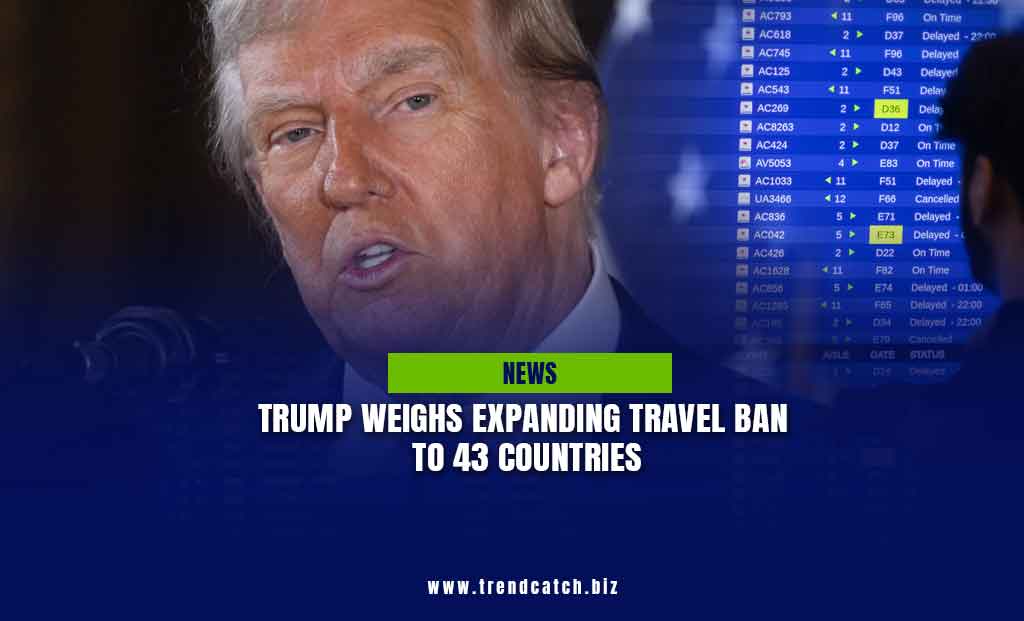The Trump administration is reportedly considering a significant expansion of its travel restrictions, potentially affecting up to 43 countries, including Haiti, Cuba, and Venezuela. If implemented, this measure could drastically limit access to the U.S. for millions of people.
Three-Tiered Restriction System
According to sources, the proposed plan would categorize affected countries into three levels of restrictions:
🔴 Red List (Total Ban) – 11 countries, including Cuba, Iran, North Korea, Afghanistan, and Venezuela, whose citizens would face a complete ban on entry into the U.S.
🟠 Orange List (Severe Visa Restrictions) – Countries like Haiti, Russia, Myanmar, Eritrea, and Belarus would face strict visa limitations, allowing only select travelers, such as wealthy businesspeople, to enter.
🟡 Yellow List (Warning & Compliance Period) – 22 additional countries would be given 60 days to improve passport security and data-sharing with the U.S. or risk future travel restrictions.
A Broader Version of the 2017 Travel Ban?
This initiative appears to be an expansion of the 2017 travel ban, which initially targeted several Muslim-majority countries and faced multiple legal challenges before being upheld by the Supreme Court in 2018.
The administration cites national security concerns, claiming that some governments fail to issue secure passports or share critical information on travelers, making them a security risk.
A Controversial Move
If enacted, this policy could strain diplomatic relations with many nations. Critics argue that the selection criteria seem inconsistent, noting the absence of major countries like China and India, which have faced other forms of U.S. scrutiny.
For now, no official implementation date has been announced, and the proposal remains subject to change. Observers are closely monitoring the situation, anticipating potential legal battles and international backlash.


